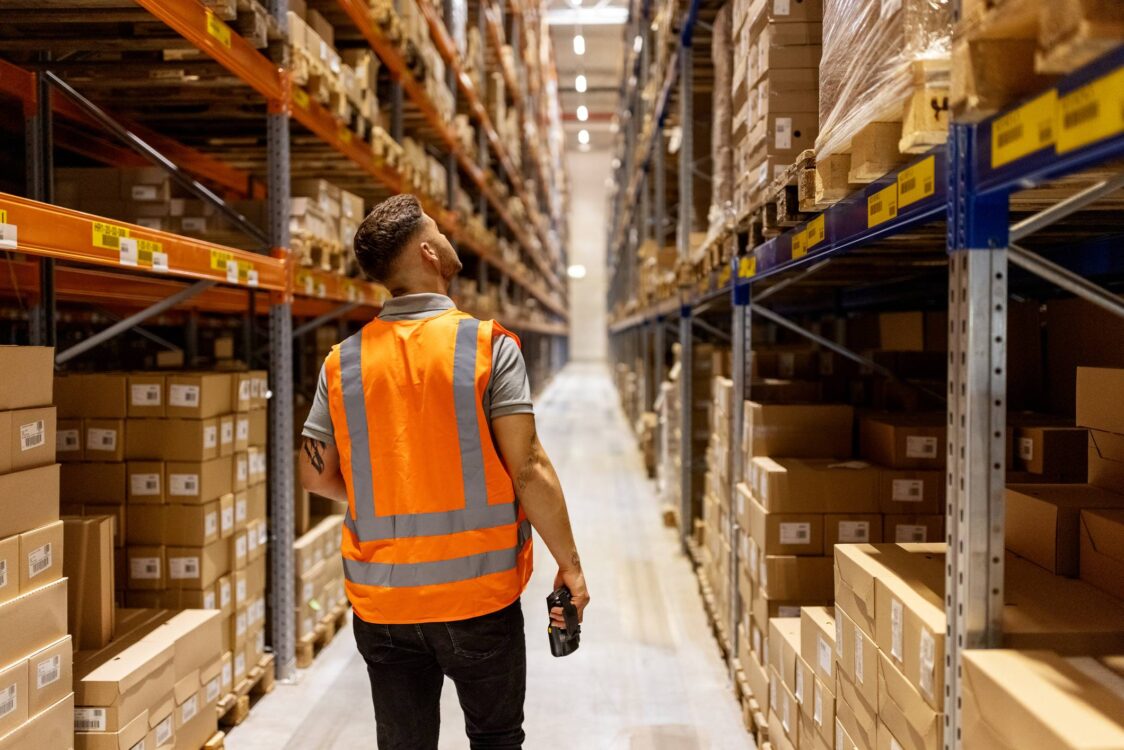
What To Know
- “There is a need to operate more efficiently, which is perhaps why nearly 9 in 10 organisations either have, or are planning to install, automation technology in their warehouse in 2023,” said Ellen Brune, Head of Global Strategic Accounts at AutoStore.
- “Automation technology has shifted to where it is no longer a ‘nice to have’ in the warehouse, but an absolute must have,” said Marcus Mogéus, Chief Marketing Officer at AutoStore.
AutoStore™, a leader in warehouse management and fulfillment, has released a benchmark report with insights from more than 300 C-level business leaders. The top three challenges facing businesses today are rising energy costs, rising labor costs, and supply chain and shipping constraints. AutoStore polled high-level executives across the globe. The top priorities for industry leaders are increasing customer satisfaction, investing in automation, implementing sustainable solutions, boosting employee productivity, and reducing delivery times. 88% of those polled plan to install an automated storage and retrieval system by 2024. Automation technology has become a must-have in the warehouse, and businesses are planning to invest significantly more in automation technology in 2023. Companies are also making an effort to conserve space, with 55% ranking energy efficiency as their top priority, followed by lowering waste production, improving health of employees, decreasing the size of the storage footprint, and recycling. Companies that have the most reliable information, thorough scenario planning, the most highly optimized physical locations, and the greatest capacity for rapid, efficient response will fare the best. Read more below.
SINGAPORE – AutoStore, a leader in warehouse management and fulfillment, has released a new benchmark report with insights from more than 300 C-level business leaders. Three-quarters of respondents cited rising energy costs, while 27% cited rising labor costs, and 26% cited supply chain and shipping constraints as the top three challenges facing businesses today.
“There is a need to operate more efficiently, which is perhaps why nearly 9 in 10 organisations either have, or are planning to install, automation technology in their warehouse in 2023,” said Ellen Brune, Head of Global Strategic Accounts at AutoStore. “The intention to meet a challenging macro environment with a technology uptake is good news for customers who want their products quickly.”
To compile the report, AutoStore polled high-level executives across the globe, including in North America, Europe, and Asia Pacific. Almost half of from Europe (44%) and more than a quarter of those in Asia Pacific (24%), however, cited rising energy prices as one of their greatest obstacles to progress. However, in APAC (34%), North America (27%), and Europe (22%), rising labor costs are more of a concern.
Technologies that Increase Productivity
In 2023, the top priorities for industry leaders will be increasing customer satisfaction (34%), investing in automation technology (31%), implementing sustainable solutions (31%), boosting employee productivity (31%), and reducing delivery times (30%).
Eighty-eight percent of those polled said they plan to install an automated storage and retrieval system by the year 2024. Just 32% have fully implemented any form of automation technology, while 56% are planning to do so within the next year.
“Automation technology has shifted to where it is no longer a ‘nice to have’ in the warehouse, but an absolute must have,” said Marcus Mogéus, Chief Marketing Officer at AutoStore. “This report shows that the investment plan for companies when it comes to automation technology has increased dramatically from previous reports.”
Make an Effort to Conserve Space
About one-third of business leaders in the surveyed industries listed sustainability as a top priority for their company in 2023, according to the report. The majority of respondents (55%) ranked improving energy efficiency as very important, followed by lowering waste production (46%), improving the health of employees (43%), decreasing the size of the storage footprint (39%), and recycling (36%). When asked what they want from AS/RS providers, however, brands ranked sustainability lower than other criteria (13%).
On the other hand, respondents ranked dependability (24%), ease of use (22%), and efficient use of space (20%) as more valuable. In fact, 43% said that efficient use of space will be crucial to their company’s survival, and 49% called it a top priority.
“Space is critically important for organisations. We help businesses reduce costs, become more efficient, and deliver a complete ROI in one to three years, while reducing a warehouse footprint by 75% when compared to conventional storage,” said Brune. “Optimising space closely aligns with the challenge of rising costs.”
“The past three years have seen a huge explosion and contraction in supply chain demand, the likes of which we have not seen before. For this reason, it is unsurprising to see professionals concerned about space utilisation. With rising inflation and recession hitting headlines, the pendulum has swung again, many caught in flux between being prepared and being over leveraged on inventory, ” said Clement Yew, Director of Business Development, Southeast Asia, AutoStore. “Should the landscape change, companies best placed to ride the potentially disruptive storms ahead are the ones with the most accurate data, best scenario planning, most optimised spaces and the greatest flexibility to move quickly and efficiently.”
###




